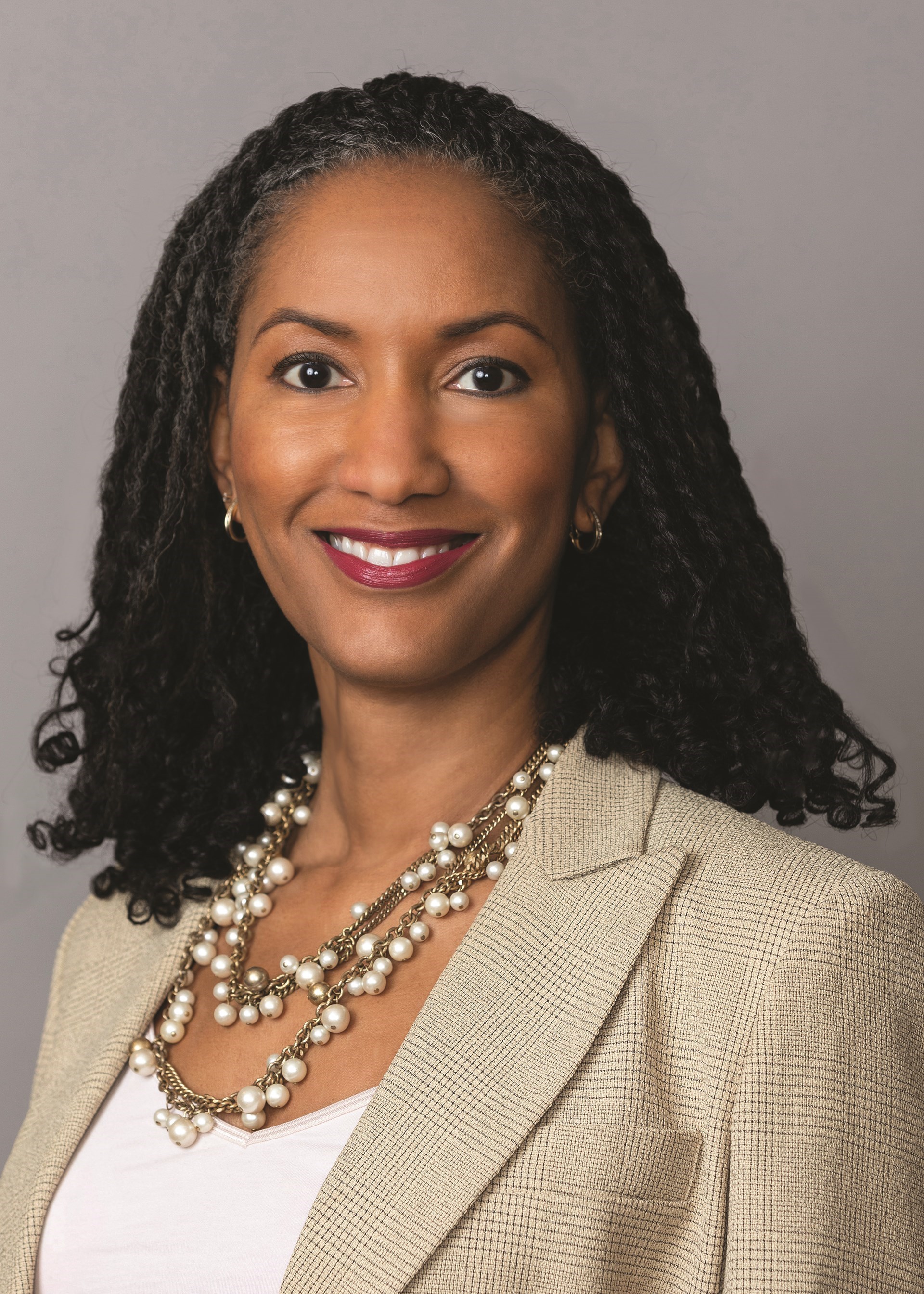As the Executive Director and CEO of the ACS, I focus on supporting surgeons throughout their careers. I also attend to the broader system around us, including the colleagues who help us deliver surgical care every day. I worry about all clinical professionals, because throughout healthcare, there is a troubling pattern of hostility and violence from patients and the public toward physicians and other members of the healthcare team.
According to the US Bureau of Labor Statistics, 73% of all nonfatal workplace injuries and illnesses requiring time away from work occur in healthcare facilities. Roughly half of healthcare workers report experiencing verbal abuse and physical violence. These pervasive difficulties are punctuated by rare but shocking incidents, such as bomb threats to Boston Children’s Hospital in 2022 and four separate incidents in which patients shot and killed surgeons.
No matter the severity, workplace violence is always unacceptable. We at the College are working to help surgeons and those who work in healthcare in several ways.
1. Learn More About Protecting Yourself
This year’s Clinical Congress, in Boston, Massachusetts, will include a presentation of “Surgeon Safety: When a Patient Becomes a Threat” (October 25, 4:15–5:45 pm). The session will provide information on institutional responsibilities to protect healthcare employees, appropriate involvement of law enforcement, and methods to safely separate your professional life from personal activities.
2. Manage a Source of Reactive Violence
We know most of the hostility patients and their families express toward clinicians is reactive and affective, not preplanned or predatory. Some emotional flareups that end in abuse may be ameliorated by careful approaches to difficult conversations. To learn more, read “Delivering Difficult Patient Conversations Is a Skill to be Learned, Practiced” from the February Bulletin, and join us for “Doc, Please Do Everything! We Are Waiting for a Miracle: Mastering Difficult Conversations in Acute Care Surgery” at Clinical Congress (October 24, 4:15–5:45 pm). This session will use didactic presentations and practice rounds with trained actors to help surgeons learn to deliver emotionally challenging news.
3. Reinforce Your Well-Being
Patient hostility and workplace violence can harm healthcare professionals’ emotional health. While the blame for abuse never belongs to the targeted person, it is a priority and a responsibility of each of us to maintain our own well-being, including after such difficult experiences. Our resources for surgeon well-being address trauma, suicide prevention, and mental health awareness, to help you and your colleagues recover after workplace violence or in other moments of need. You can find them at facs.org.
4. Explore ACS Resources for Mass Shooting Response
While most workplace violence in healthcare does not involve serious injury, firearm violence has occurred, including the murder of four surgeons (see sidebar). Surgeons who had provided care after mass shootings published a JACS article in January 2023, “Mass Shootings in America: Consensus Recommendations for Healthcare Response,” with lessons learned and recommendations for care. As with all violence, my hope is for no one to need this information—but I applaud those who use it amid crises.
5. Learn How to Address IPV in the Surgical Workforce
Violence can also appear in the workplace via the intimate partners of colleagues (see sidebar). In October, the ACS Task Force on Intimate Partner Violence (IPV) will publish a series of ACS Brief articles on how surgeons can address this. Please read them to learn about this important topic.
6. Unite with Us on Well-Being
The ACS has formed the Surgeon Well-Being Coalition, a group of surgeons and surgical organizations aiming to design and enact wellness practices that benefit all surgeons, patients, and families. More than 40 organizations have already signed on, and the first public meeting will be at Clinical Congress on October 23, 1:30–3:30 pm. We hope to see you there.
7. Stay Tuned for the ACS Workplace Violence Statement
We are working on a workplace violence statement to further address the multifaceted challenges healthcare professionals face. Whether the issue is gun violence, verbal abuse, or threats to clinicians providing evidence-based care for gender-nonconforming patients, the ACS understands that workplace violence is unacceptable and a threat to many surgeons’ well-being and careers. Please look out for that statement in the near future.
In 2015, after Michael Davidson, MD, FACS, a cardiothoracic surgeon at the Brigham and Women’s Hospital in Boston, Massachusetts, was murdered by a patient, Lisa Rosenbaum, MD, memorialized him in a New England Journal of Medicine article. The essay recounted part of the eulogy by Dr. Davidson’s best friend, a Chicago neurosurgeon. He said that the day after Dr. Davidson’s death, the fiancée of a deceased patient showed up at his clinic unexpectedly. He was alarmed, given Dr. Davidson’s experience—but the woman was waiting with flowers and hugs to thank him for his care.
As we work to address violence in healthcare facilities, please know I wholeheartedly wish for each of you not only to experience safety and satisfaction in your workplace, but also to receive gratitude for your vital work in surgery. If there is more you would recommend the ACS do to address workplace violence, please reach out to me at executivedirector@facs.org.












